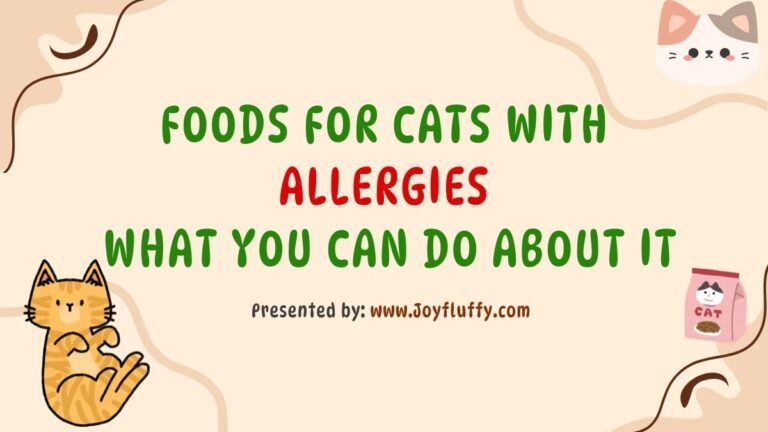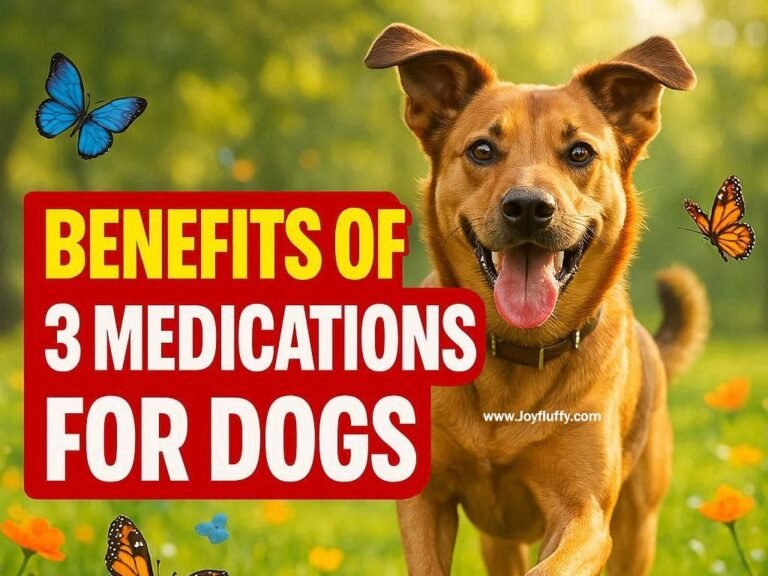Human Foods for Dogs: The Ultimate Safe & Toxic Guide (2025) | PetCare Experts
Human Foods for Dogs: The Ultimate Safe & Toxic Guide
That hopeful stare. The gentle nudge of a wet nose on your knee. It’s dinnertime, and your furry best friend is convinced that your plate holds something far superior to their kibble. But before you slip them a treat from the table, it’s crucial to know: what human foods are safe for dogs, and which could land you in an emergency vet visit?
As pet owners, we’ve all been there. The question “Can my dog eat that?” is one of the most common searches online for a reason. Your dog’s metabolism is different from yours, and some everyday foods for us can be extremely dangerous, even fatal, for them.
This guide is designed to be your go-to resource. We’ve compiled a comprehensive, vet-reviewed list of over 50 common human foods, categorizing them as Safe, Toxic, or Risky (use with caution). Remember, this article is for informational purposes. Always consult your veterinarian with specific concerns about your dog’s diet.
❗ EMERGENCY INFO: If Your Dog Ate Something Toxic ❗
Stay calm but act quickly. Time is critical.
- Call Your Veterinarian Immediately. If it’s after hours, call the nearest emergency animal clinic.
- Call the ASPCA Animal Poison Control Center (APCC) at (888) 426-4435. A consultation fee may apply, but it’s staffed 24/7 by toxicology experts. Note: Having a case number from them can greatly help your vet.
- Do NOT induce vomiting unless instructed to do so by a professional. Vomiting can be harmful if done incorrectly or with certain toxins.
Signs of Potential Poisoning: Vomiting, diarrhea, lethargy, tremors, seizures, difficulty breathing, loss of coordination, or excessive drooling.
Quick Reference Table
| Food | Status | Key Notes |
|---|---|---|
| Apple | ✅ Safe | Remove seeds and core. Great source of fiber. |
| Avocado | ❌ Toxic | Contains persin, which can cause vomiting and diarrhea. |
| Bacon | ⚠️ Risky | High in fat and salt, can lead to pancreatitis. |
| Chocolate | ❌ Toxic | Contains theobromine & caffeine. Highly dangerous. |
| Grapes/Raisins | ❌ Toxic | Cause acute kidney failure. Never feed. |
| Xylitol | ❌ Toxic | Artificial sweetener found in gum, peanut butter, etc. Lethal. |
Table: A quick snapshot of common foods. See details below.
The Comprehensive A-Z List
✅ Safe Human Foods for Dogs (In Moderation!)
These foods are generally safe when prepared properly (plain, without added salt, sugar, or spices) and given in small quantities as an occasional treat.
- Apples: A fantastic source of vitamins A and C and fiber. Remove the core and seeds first, as seeds contain cyanide.
- Blueberries: Packed with antioxidants and vitamins. A perfect low-calorie training treat.
- Carrots: Crunchy, low-calorie, and great for dental health. Can be given raw or cooked.
- Cooked Chicken/ Turkey: Plain, unseasoned, boneless, skinless cooked poultry is a great source of protein.
- Cucumber: An excellent hydrating, low-calorie snack, perfect for overweight dogs.
- Plain Popcorn: Air-popped, unsalted, unbuttered popcorn is fine in small amounts.
- Salmon: Fully cooked salmon is an amazing source of omega-3 fatty acids, which improve coat health. Never feed raw salmon.
- Watermelon: A hydrating summer treat! Remove the rind and seeds first to prevent an intestinal blockage.
❌ Toxic & Dangerous Foods for Dogs (NEVER Feed These)
These foods are poisonous and can cause severe illness or death. Keep them far out of your dog’s reach.
- Alcohol: Can cause vomiting, diarrhea, tremors, coma, and death. Even small amounts are dangerous.
- Chocolate: Contains theobromine and caffeine. Baker’s and dark chocolate are the most toxic. Symptoms include vomiting, diarrhea, high heart rate, and seizures.
- Grapes & Raisins: The exact toxin is unknown, but even a small amount can cause sudden kidney failure in dogs.
- Macadamia Nuts: Within 12 hours of ingestion, these can cause weakness, vomiting, tremors, and hyperthermia.
- Onions, Garlic, & Chives: These alliums damage red blood cells, leading to anemia. This includes powdered, raw, and cooked forms.
- Xylitol: This artificial sweetener is found in sugar-free gum, candy, peanut butter, and some baked goods. It causes a rapid release of insulin, leading to hypoglycemia (low blood sugar), seizures, and liver failure. Always check your peanut butter label!
⚠️ Foods to Feed with Extreme Caution
These aren’t immediately toxic but pose significant risks and should generally be avoided.
- Bones: Cooked bones can splinter and cause choking or internal punctures. Only offer raw bones under supervision and vet guidance.
- Dairy Products: Many dogs are lactose intolerant. Milk and cheese can cause digestive upset.
- Fatty Meats & Trimmings: Bacon, ham, and fat trimmings can trigger pancreatitis, a serious and painful inflammation of the pancreas.
- Peanut Butter: A favorite treat, but it MUST be xylitol-free. Also choose unsalted varieties due to high fat and calorie content.
Frequently Asked Questions (FAQs)
Q1: What is the most toxic food for dogs?
A: While many foods are dangerous, xylitol (an artificial sweetener) is one of the most acutely toxic. It can cause a fatal drop in blood sugar and liver failure very rapidly, even in tiny amounts. It’s found in unexpected places like sugar-free peanut butter, gum, and mints.
Q2: My dog just ate a grape. What should I do?
A: Contact your vet or animal poison control immediately. Do not wait for symptoms. Because the toxic dose is unknown and varies by dog, inducing vomiting under professional guidance is often recommended. Early intervention is key to preventing kidney damage.
Q3: Are there any human foods that are actually good for dogs?
A: Absolutely! Many fruits and vegetables make healthy treats. Plain, cooked pumpkin is great for digestion. Blueberries are antioxidant powerhouses. Plain, cooked green beans are a fantastic low-calorie filler for dogs on a diet. Always introduce any new food slowly.
Q4: What should I do if my dog eats something he shouldn’t have?
A: Stay calm. Identify what and how much they ate. Call your vet or the ASPCA Animal Poison Control Center (888-426-4435) immediately for advice. Have the product packaging handy if possible. Do not try home remedies without professional instruction.
Q5: Is a small piece of cheese or deli meat okay?
A: In a very tiny amount as a rare treat, it’s probably okay for most dogs. However, these foods are often high in salt, fat, and preservatives, which aren’t healthy. Plain, unseasoned cooked chicken or a piece of carrot is a much healthier alternative.
A Final Word of Caution
When it comes to your dog’s health, it’s always better to be safe than sorry. This guide is a great starting point, but every dog is an individual with unique health needs and sensitivities.
The golden rule: When in doubt, don’t feed it.
Stick to a high-quality, balanced commercial dog food as their main diet and use human foods only as occasional, carefully selected treats. Your pup’s health and safety are worth it!
Share this guide with other dog owners to help keep all our furry friends safe!




